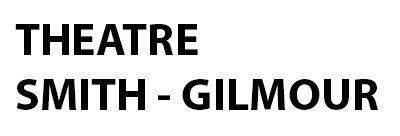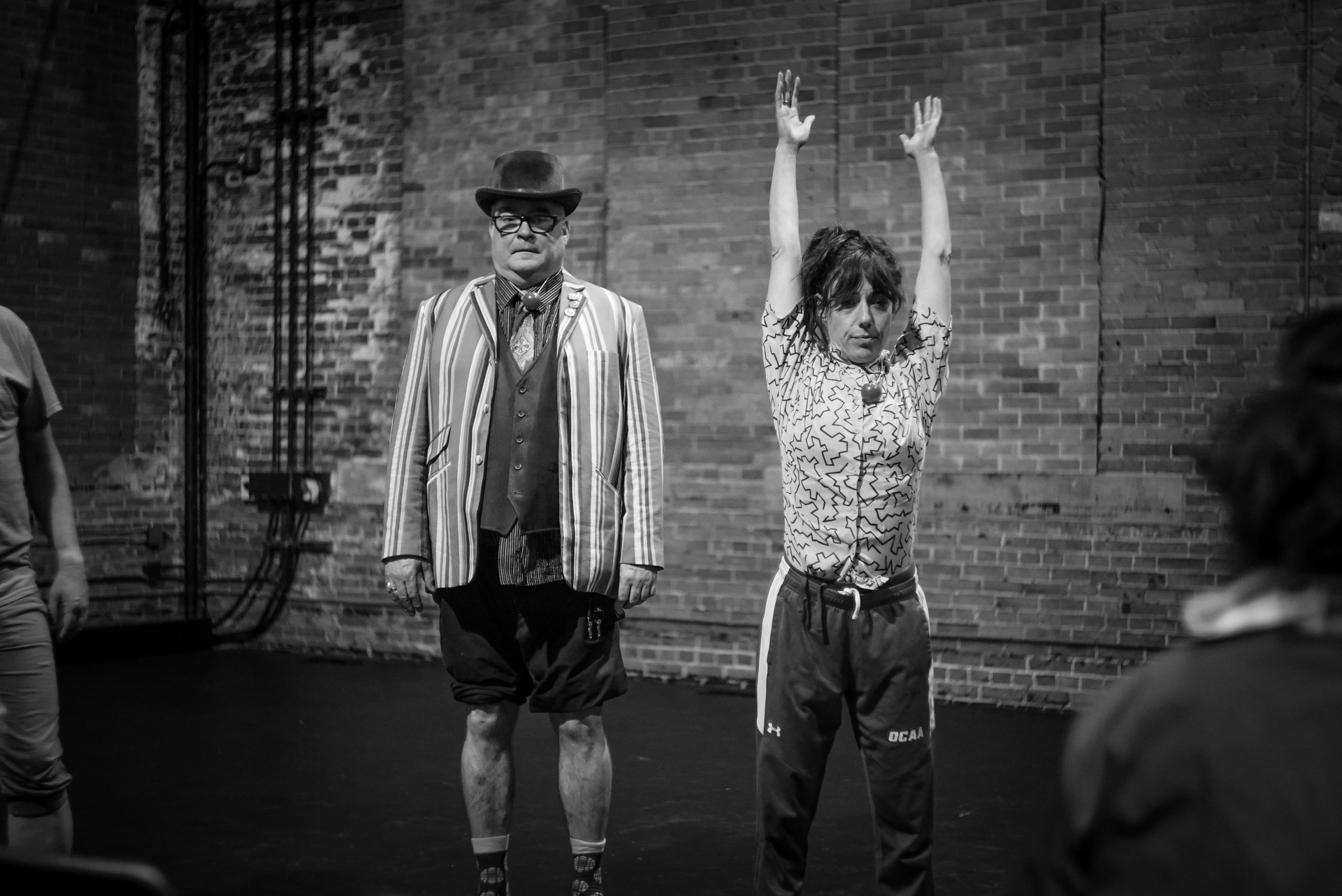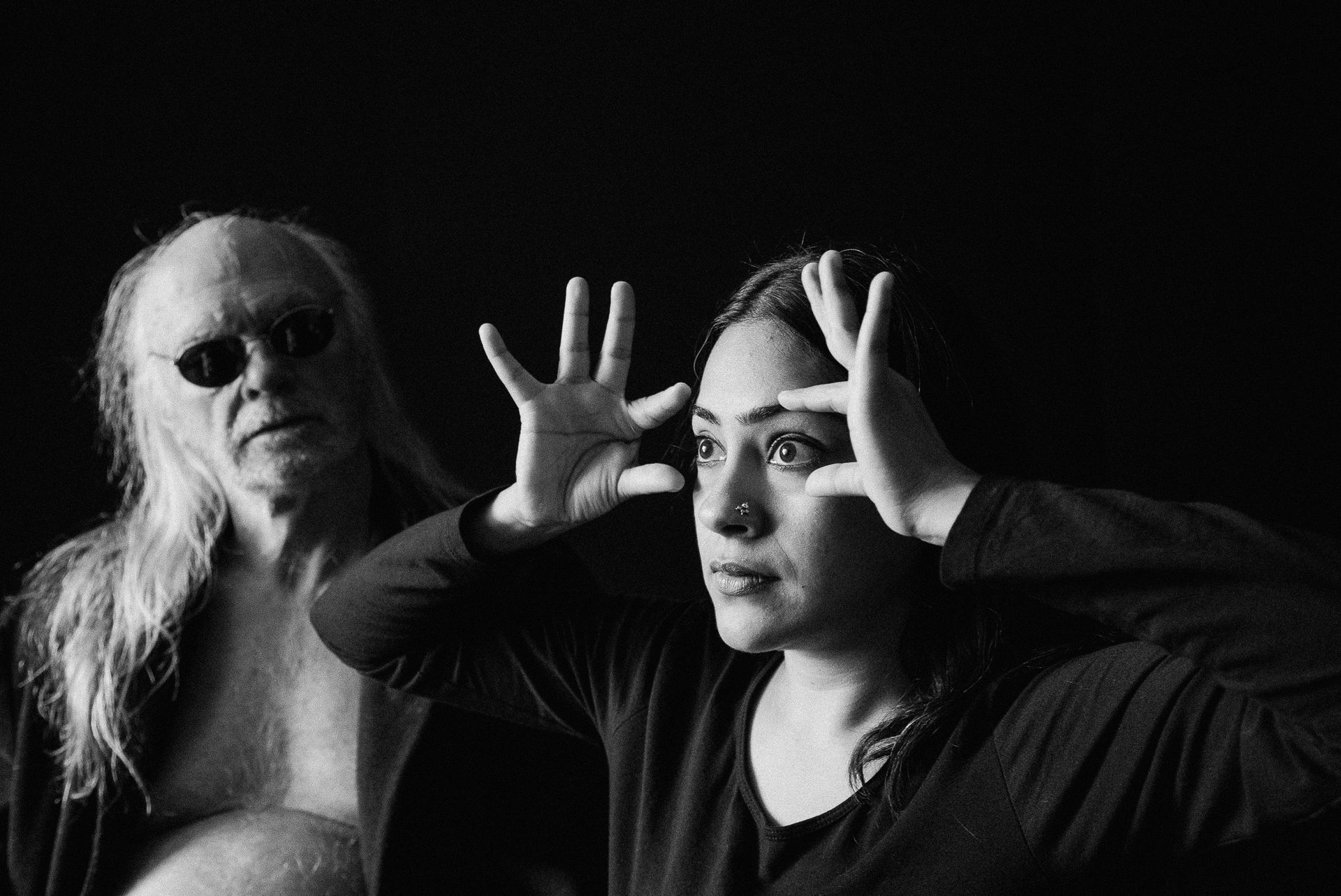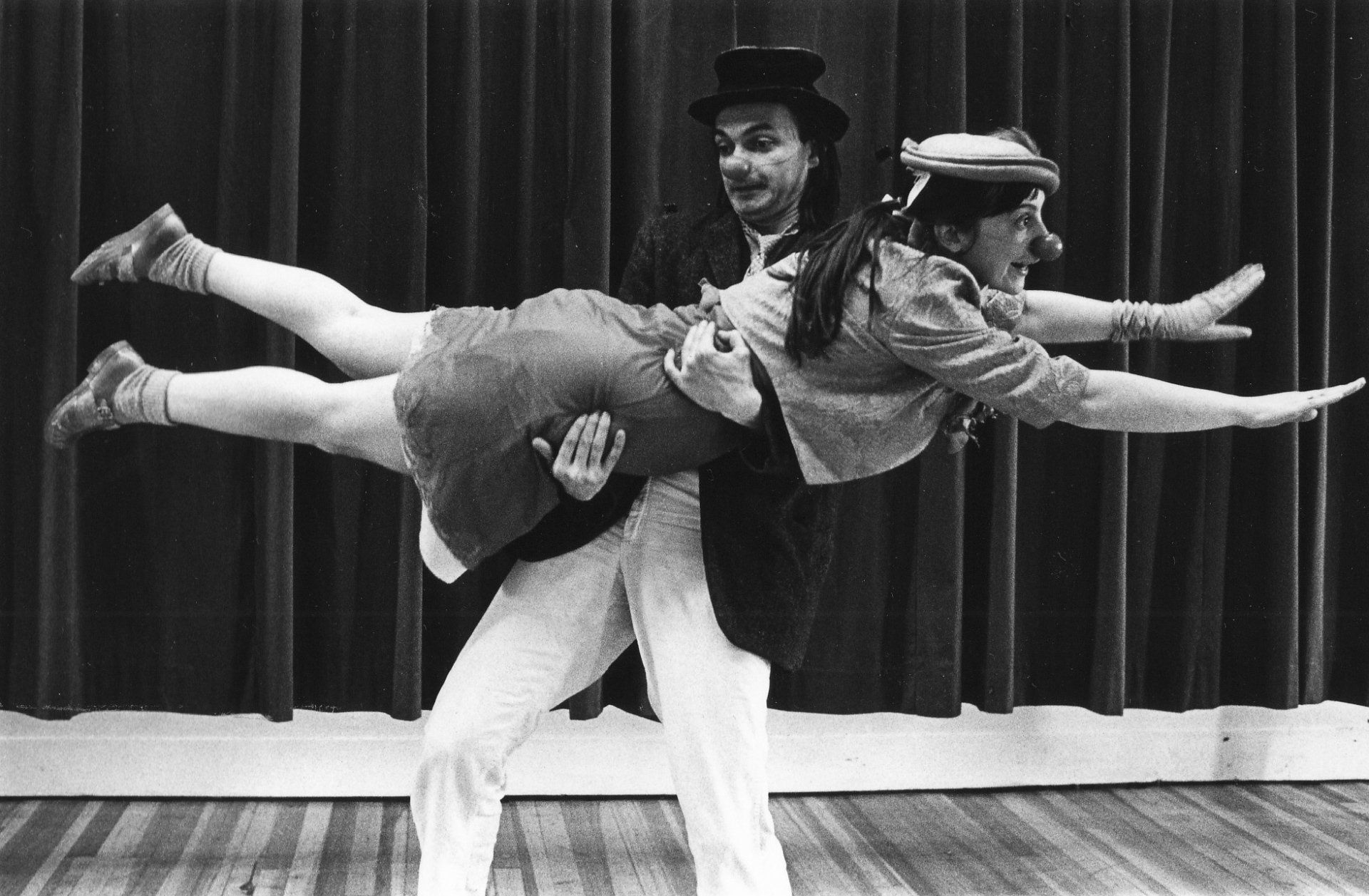Dean and Mimi on creating Lu Xun blossoms
 Dean: Lu Xun blossoms
, adapted from five short stories of early 20th Century Chinese writer Lu Xun, marked the first time a theatre company from Canada has co-produced with one from China. The writing of Lu Xun inspired a profound cultural exchange with the Canadians discovering one of the 20 th
century’s great writers and our Chinese colleagues discovering new ways of creating theatre and new ways of seeing the work of one of their most beloved writer. We did not speak each other’s language so all communication was through a translator. Little by little over time we invented ways of communicating underneath words. We discovered each other and learned to collaborate.
Dean: Lu Xun blossoms
, adapted from five short stories of early 20th Century Chinese writer Lu Xun, marked the first time a theatre company from Canada has co-produced with one from China. The writing of Lu Xun inspired a profound cultural exchange with the Canadians discovering one of the 20 th
century’s great writers and our Chinese colleagues discovering new ways of creating theatre and new ways of seeing the work of one of their most beloved writer. We did not speak each other’s language so all communication was through a translator. Little by little over time we invented ways of communicating underneath words. We discovered each other and learned to collaborate.
Where did the impetus to adapt the works of Lu Xun first come from?
 Mimi:
I thought it was a wonderful occasion to read about China: ancient China and also new China. The incredible old stories I discovered! And eventually (on holidays) in the library of the Pompidou Centre in Paris I discovered Lu Xun (1881-1936) his essays about traditional Chinese Society, and its weight on the little people, the illiteracy and the immense poverty. All of this reminded me of Chekhov trying to imagine a better future for his people. (Chekhov who we had explored on stage for the last 7 years). It was a difficult choice between reviving the beautiful ancient stories (that had been erased by Mao’s Cultural Revolution) and Lu Xun’s revolutionary essays and stories from the 1920s.
Mimi:
I thought it was a wonderful occasion to read about China: ancient China and also new China. The incredible old stories I discovered! And eventually (on holidays) in the library of the Pompidou Centre in Paris I discovered Lu Xun (1881-1936) his essays about traditional Chinese Society, and its weight on the little people, the illiteracy and the immense poverty. All of this reminded me of Chekhov trying to imagine a better future for his people. (Chekhov who we had explored on stage for the last 7 years). It was a difficult choice between reviving the beautiful ancient stories (that had been erased by Mao’s Cultural Revolution) and Lu Xun’s revolutionary essays and stories from the 1920s.
 Dean:
We shared a bond with Lu Xun from the very beginning. At first we researched ancient Chinese Literature and our research brought us to a number of ancient tales adapted by Lu Xun. At a time of great struggle in China he fought as an artist to make a better future for his country, a future that didn’t turn its back on its past.
Dean:
We shared a bond with Lu Xun from the very beginning. At first we researched ancient Chinese Literature and our research brought us to a number of ancient tales adapted by Lu Xun. At a time of great struggle in China he fought as an artist to make a better future for his country, a future that didn’t turn its back on its past.
Lu Xun is considered by many the father of contemporary Chinese literature has been held up as analogous to the works of Anton Chekhov in Russia. As a company that has also adapted Chekhov for the stage did you find this to be accurate?
 Mimi:
Lu Xun’s short stories and essays are very similar in their themes to Chekhov’s; they reveal his compassion and caring for the humble in “A Small Incident” for instance, (which is part of our play) and more specifically for the condition of woman in “The New Year’s Sacrifice”. Like Chekhov he also denounces censorship in “Knowledge is a Crime” (another story in our play).
Mimi:
Lu Xun’s short stories and essays are very similar in their themes to Chekhov’s; they reveal his compassion and caring for the humble in “A Small Incident” for instance, (which is part of our play) and more specifically for the condition of woman in “The New Year’s Sacrifice”. Like Chekhov he also denounces censorship in “Knowledge is a Crime” (another story in our play).
What sorts of research did the company do to have an understanding of pre-Revolution Chinese culture?
Mimi: Lots of research, organically as it came.
Dean: We read a great deal but the real research was improvising with our Chinese colleagues in the rehearsal space day after day searching together for ways of dramatizing the writing of Lu Xun and slowly coming to understand the history inside his writing.
Tickets to Lu Xun Blossoms are on sale now:






